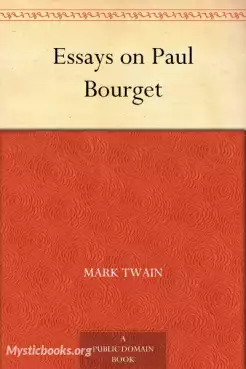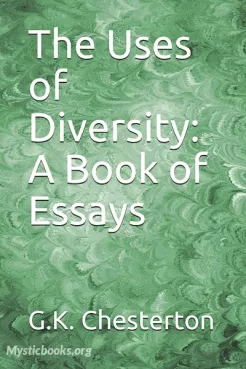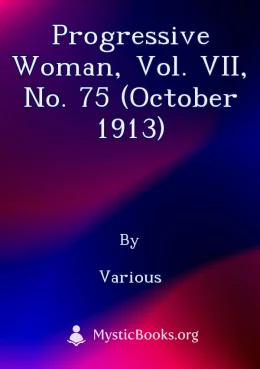
The Subjection of Women
'The Subjection of Women ' Summary
While scholars generally agree that John Stuart Mill was the sole author, it is also noted that some of the arguments are similar to Harriet Taylor Mill's essay The Enfranchisement of Women, which was published in 1851.
Mill was convinced that the moral and intellectual advancement of humankind would result in greater happiness for everybody. He asserted that the higher pleasures of the intellect yielded far greater happiness than the lower pleasure of the senses. He conceived of human beings as morally and intellectually capable of being educated and civilised. Mill believed everyone should have the right to vote, with the only exceptions being barbarians and uneducated people.
Mill argues that people should be able to vote to defend their own rights and to learn to stand on their two feet, morally and intellectually. This argument is applied to both men and women. Mill often used his position as a member of Parliament to demand the vote for women, a controversial position for the time.
In Mill's time a woman was generally subject to the whims of her husband or father due to social norms which said women were both physically and mentally less able than men and therefore needed to be "taken care of". Contributing to this view were both hierarchical religious views of men and women within the family and social theories based on biological determinism. The archetype of the ideal woman as mother, wife and homemaker was a powerful idea in 19th century society.
Book Details
Language
EnglishOriginal Language
EnglishPublished In
1869Genre/Category
Tags/Keywords
Authors

John Stuart Mill
England
John Stuart Mill usually cited as J. S. Mill, was an English philosopher, political economist, Member of Parliament, and civil servant. One of the most influential thinkers in the history of classical...
Books by John Stuart MillListen/Download Audiobook
- Select Speed
Related books

Europe and Elsewhere by Mark Twain
'Europe and Elsewhere' offers an intriguing collection of articles and essays penned by the renowned Mark Twain, drawn from his travels and experience...

Essays on Paul Bourget by Mark Twain
Paul Bourget was born in Amiens in the Somme département of Picardy, France. His father, a professor of mathematics, was later appointed to a post in...

Perfect Behavior by Donald Ogden Stewart
Published in 1922, "Perfect Behavior" by Donald Ogden Stewart offers a satirical and humorous look at the intricacies of social etiquette in the Roari...

永日小品 (Eijitsu Syohin) by Sōseki Natsume
“永日小品 (Eijitsu Syohin)” is a collection of essays by Natsume Soseki, renowned Japanese author, penned during his time in London. The essays reflec...

Christian Patience: The Strength and Discipline of the Soul by William Bernard Ullathorne
This book delves into the concept of Christian patience as a foundational virtue, examining its nature and its role in strengthening other virtues. It...

Terze odi barbare by Giosuè Carducci
“Terze odi barbare” di Giosuè Carducci, pubblicato nel 1889, è la terza parte della sua celebre serie “Odi Barbare.” Questa collezione di 20 poesie r...

The Uses of Diversity by G. K. Chesterton
Prepare to embark on a mesmerizing intellectual journey that challenges conventional notions and celebrates the boundless wonders of diversity. With a...

Orientations by W. Somerset Maugham
'Orientations' offers a glimpse into W. Somerset Maugham's early literary endeavors, showcasing his burgeoning talent for crafting compelling narrativ...

Progressive Woman, Vol. VII, No. 75 (October 1913) by Various
Progressive Woman was a monthly magazine published in the early 20th century that advocated for women's suffrage, women's rights, and social justice....

Library of the World's Best Literature, Ancient and Modern, volume 11 by Various
This volume, part of a multi-volume set, focuses on a selection of literary works from the period between the writers Dana and Dickens. It features a...
Reviews for The Subjection of Women
No reviews posted or approved, yet...